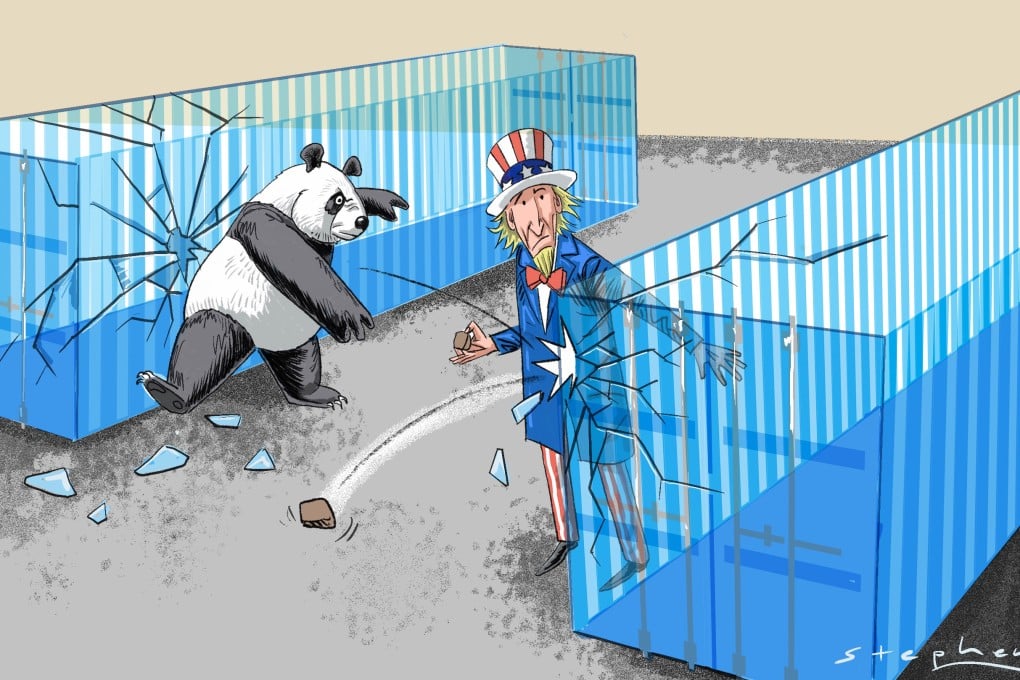Opinion | China, fed up with US sanctions, is hitting back with export controls – and more could come
- China’s export restrictions on rare metals and the Micron ban reflect its hardening attitude after decades of sanctions and embargoes from the West
- As China learns from the West, its export controls are likely to turn a one-way track into a two-way street

I remember encountering export control in action for the first time when I visited a precision instrument company in Northern Ireland in 2011. The CEO told me there was a huge unmet demand for its products in China. But for fear of being fined or even jailed for violating the British government’s export control measures, his company had to abandon the business opportunity.
In the four years that followed, as the top economic and commercial diplomat at China’s embassy in London, I heard time and again similar complaints.
Britain is not alone in implementing export controls, though. Many governments use them to fulfil their obligations to multilateral organisations and ensure the supply of raw materials for domestic industries.
China has been a major target of the West’s export control measures since “Red China” was born in 1949. During the Cold War, more products were restricted for export to China than to the Soviet Union. Washington’s control list for China in 2007 included aeroplanes and their engines, optical fibres, advanced navigations systems, lasers and depleted uranium. To this list, Washington has in recent years added emerging and basic technologies, such as in 4G semiconductor materials, advanced electronic computer-aided design (ECAD) software and network safety.
